
Puzzles & Pieces Theory of Planned Behaviour, or Theory of Plain Illusion?
inudgeyou.com
July 11, 2025, 11:07 a.m.
For decades, the Theory of Planned Behaviour has offered a map of human action that feels both intuitive and practical. It gives practitioners convenient variables to measure, neat intentions to track, and surface behaviours to predict.But if we take seriously the deeper problems that run through folk psychology, economics, and social psychology alike, then the task is not to patch TPB. It is to recognise that the model was built on assumptions that never fully captured how behaviour unfolds — and that many entering Behavioural Insights still replicate, often unknowingly, despite nodding to newer ideas like dual- and triple-process theory.
Share on

How Duolingo Gamified Language Learning to Revolutionize Online Education
www.blueoceanstrategy.com
April 19, 2025, 4:30 p.m.
Duolingo set out to address these challenges by reimagining how languages are taught online. To clear blocked utilities in the existing online language learning offerings, Duolingo shifted its focus from the productive delivery of education service to an active, engaging, and even addictive learning experience.
Share on

Ce club de foot cache une tache sur ses maillots pour sensibiliser au cancer de la peau
creapills.com
April 19, 2025, 3:58 p.m.
Baptisée “O Patrocínio Que Ninguém Viu” (Le sponsoring que personne n’a vu), cette opération a été imaginée par les agences End to End et Área 23, en partenariat avec l’Institut Melanoma Brasil. Son objectif : alerter sur les dangers du mélanome, un cancer de la peau aussi discret que mortel.
Share on

The Role of Medication Delivery in Non-Adherence
medcitynews.com
March 4, 2025, 3:01 p.m.
For GLP-1 receptor agonists specifically, adherence challenges are a major concern, as these medications require long-term use to achieve meaningful health benefits in chronic conditions like diabetes and obesity.
Share on

Smartphone App for Improving Self-Awareness of Adherence to Edoxaban Treatment in Patients With Atrial Fibrillation (ADHERE-App Trial)
www.jmir.org
Nov. 25, 2024, 1:57 p.m.
There was no difference in edoxaban adherence between the groups. However, the proportion of adequate medication adherence was higher in the intervention group, and the benefit of the smartphone app–based intervention on medication adherence was more pronounced among older patients than among younger patients. Given the low adherence to oral anticoagulants, especially among older adults, using a smartphone app may potentially improve medication adherence.
Share on
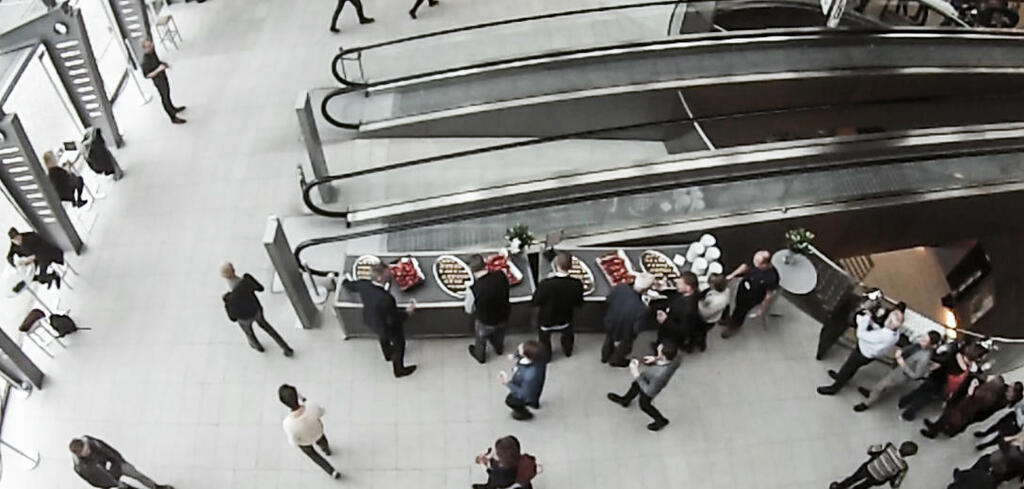
Nudging Towards Healthier Eating: Insights from an experiment on unit bias and convenience
inudgeyou.com
Oct. 16, 2024, 7:47 a.m.
Many of us are struggling to stay on the narrow path of healthy choices. At work, at meetings, and in the car on the way home we are constantly tempted to snack a little bit—to kill boredom, to have a good time, or to get some quick energy to stay awake and aware. Each single occurrence does obviously not make a difference, but over time one snack becomes more, and slowly but surely our waistline expands.
Share on
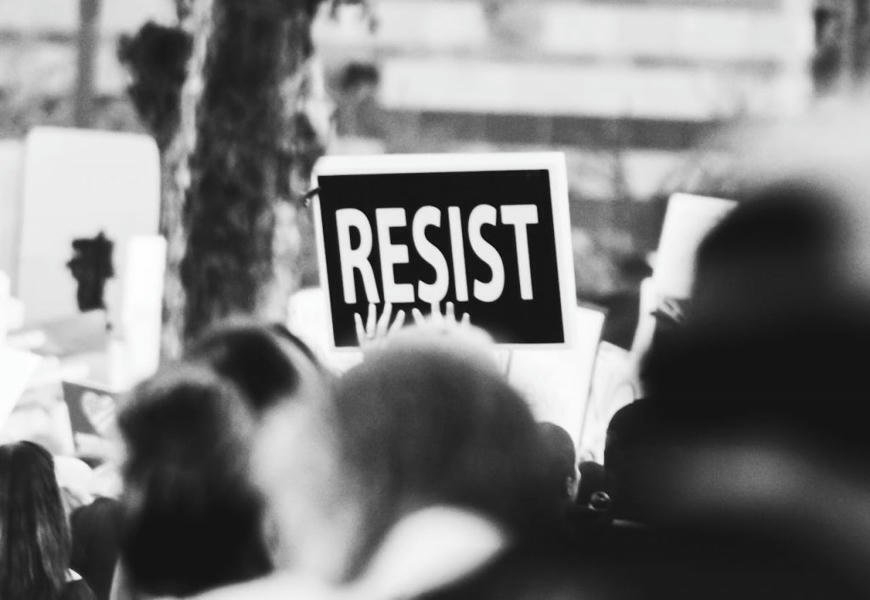
Secrets to Overcoming Resistance to Change
bradenkelley.com
Aug. 14, 2024, 1:18 p.m.
What’s often overlooked is that employee resistance to change is most likely due to the emotions behind the change, not the change itself. And in examining those emotions, the late Carl Frost offered four key questions that people ask themselves when they’re being asked to change. The answers to these questions determine their excitement, or resistance, to change.
Share on

Smoking cessation remains a “ripe target” for improved medication adherence in carotid disease
neuronewsinternational.com
July 19, 2024, 7:51 p.m.
Patients were assessed for their adherence to optimal medical therapy at the time of the index duplex scan, the first follow-up visit, and at each subsequent follow-up visit until the end of the study, ultimately leading to a median follow-up period of 2.7 years. In the study, optimal medical therapy was defined via three key tenets: abstinence from smoking; use of aspirin or other antiplatelets; and use of statins or other lipid-lowering therapies.
Share on
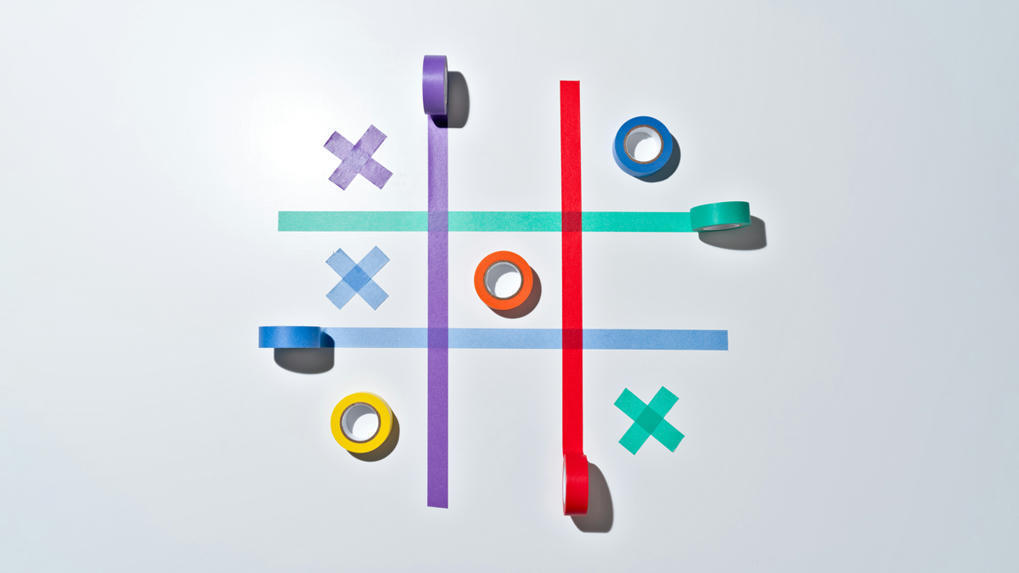
How Gamification Can Boost Employee Engagement
hbr.org
March 31, 2024, 11:42 a.m.
Employee disengagement is a persistent problem, and attempts to inject excitement often fall flat. However, gamification — using elements of games to motivate — has serious potential when thoughtfully executed. This article explores the psychology behind gamification, successful examples, and how to leverage probabilistic rewards (like lotteries tied to performance) to increase employee motivation.
Share on

Self-Reported Survey Data: Fast & Reliable, or Imprecise & Risky?
inudgeyou.com
March 27, 2024, 4:32 p.m.
Human beings are creatures of habit. Ours days have a particular rhythm to them, and behaviours we exhibit today are generally indicative of how we behaved yesterday and will behave tomorrow. Yet for how routine our lives can be, behavioural research conducted the last 50 years has found that people tend to struggle when asked to recall specific details about their day-to-day life.
Share on

Nudging healthy and sustainable food choices
inudgeyou.com
March 27, 2024, 3:50 p.m.
In recent years, it has been increasingly recognized that food choices are not only central to health, but also to global sustainability. In particular, production and consumption of meat have been linked to dying prematurely, as well as proven to be a central source of CO2 emissions responsible for ~15% of the total global CO2 emission. Thus, changing people’s diets from a meat-based to a vegetarian, may prove to be a necessary step in the battle against what has become a global food–health crisis as well as climate change.
Share on

New Field Experiment: How to Nudge Hospital Visitors
inudgeyou.com
March 27, 2024, 3:49 p.m.
One aspect of COVID-19 prevention, however, was not something foreign to the general populace. Basic hand hygiene is preached from a young age as a means of illness prevention, and health organisations made sure to emphasise that the simple act of washing one’s hands or using an alcohol-based sanitiser may help curb the spread disease in this new context too. Yet for how important hand cleansing is in keeping individuals and the community safe, compliance can be difficult to achieve, and even harder to measure.
Share on

A Personalized Approach to Medication Nonadherence
medcitynews.com
Feb. 21, 2024, 4:30 p.m.
At the Abarca Forward conference earlier this year, George Van Antwerp, managing director at Deloitte, discussed how social determinants of health and a personalized member experience can improve medication adherence and health outcomes.
Share on

Café suspendu : où offrir une boisson en attente à une personne dans le besoin ?
www.linfodurable.fr
Feb. 12, 2024, 1:47 p.m.
Connaissez vous les cafés suspendus ? Cette tradition italienne du milieu du 20ème siècle consiste à payer deux cafés, l’un pour soi et l’autre pour un client démuni ou dans le besoin. Depuis quelques années, la tradition s’est importée en France. Zoom sur ces cafés suspendus.
Share on
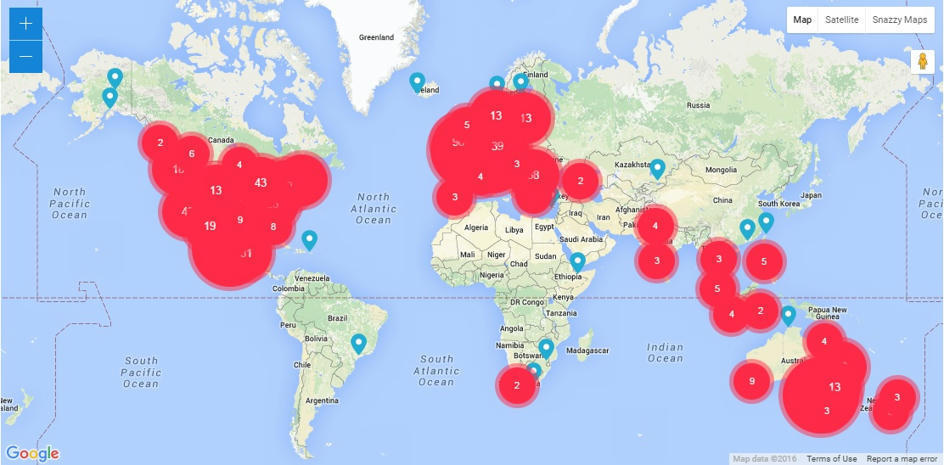
8 Criticisms of suspended coffees
www.suspended-coffee.com
Feb. 12, 2024, 9:29 a.m.
After Suspended Coffee’s initial wave of popularity on the social media, critics have come out of the woodwork to cut down the idea. Some have been blatantly trolls, some have been hopelessly cynical, and some have made good points. Here is a summary of some of the criticisms. None have dampened my belief that this is a good idea.
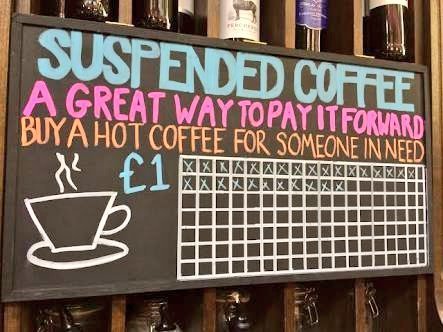
Homo Oeconomicus at the Café: A Field Experiment on 'Suspended Coffee'
papers.ssrn.com
Feb. 12, 2024, 9:13 a.m.
Individuals engage in daily behaviours that are often at issue with self-interest and rationality. This paper supports the thesis of inadequacy of the homo oeconomicus model, providing results of a field experiment conducted in the city of Naples (Italy) on the practice of “suspended coffee” (caffè sospeso). The suspended coffee tradition was initially launched in Naples and consists in people purchasing two coffees, one to drink on the spot and one to be left “suspended” for someone else to drink for free. A convenience sample of café clients completed a self-administered questionnaire. Their answers were examined in relation to the declared choice and consequent purchase of a suspended coffee.
Share on
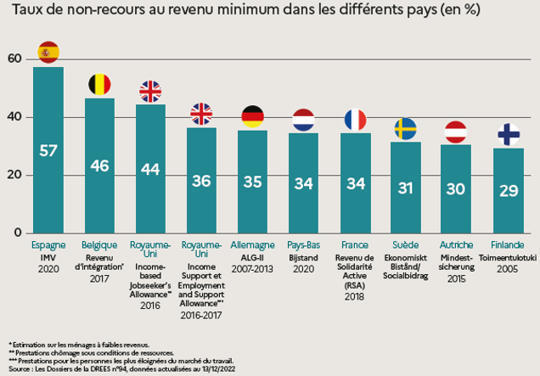
Non-recours aux prestations sociales : le manque d'information en tête des motifs selon les Français
drees.solidarites-sante.gouv.fr
Feb. 11, 2024, 7:36 p.m.
La quantification et l’identification des causes du non recours sont des enjeux majeurs pour la lutte contre la pauvreté. Plusieurs études récentes, portant sur différentes prestations sociales, montrent que le non-recours atteint fréquemment des niveaux supérieurs à 30 % en France. C’est le cas du RSA (34 % de non-recours) ou encore du minimum vieillesse (50 % de non-recours pour les personnes seules).
Share on

10 milliards d'euros d'aides sociales gâchées par le non recours
www.aide-sociale.fr
Feb. 11, 2024, 7:35 p.m.
Jusqu'à 40% de certaines aides sociales ne sont pas versées chaque année, c'est ce que l'on apelle le non recours. Un phénomène désolant qui s'explique par la méconnaissance des aides, la complexité du système et la stigmatisation des bénéficiaires.
Share on

The Effects of Patient Health Information Seeking in Online Health Communities on Patient Compliance in China: Social Perspective
www.jmir.org
Feb. 3, 2024, 5:26 p.m.
This study proposes a research model to corroborate that patient health information–seeking behavior (way and effectiveness) in OHCs exerts positive effects on patient compliance with the treatment and physician’s advice and provides suggestions for patients, physicians, and OHC service providers in China to help guide patients’ health-related behaviors through OHCs to improve patient compliance, patient satisfaction, treatment efficiency, and health outcomes.
Share on

Center for Behavior Change - University College London
www.ucl.ac.uk
Dec. 21, 2023, 11:46 a.m.
As a leading world-renowned Centre, the CBC promotes the science and practice of behaviour change to address key challenges facing society through interdisciplinary collaboration and partnerships.